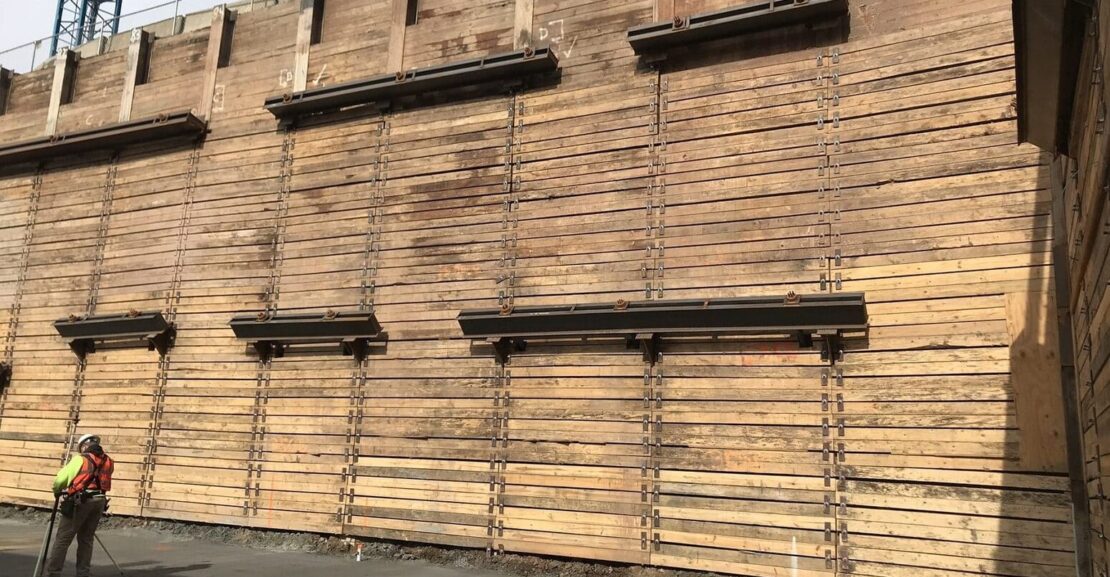Excavation projects are common in construction, mining, and infrastructure development. One critical aspect of these projects is ensuring the safety of the workers and the surrounding environment. To achieve this, it is essential to have proper excavation support materials. In this article, we will discuss the most common materials used to support an excavation.
Steel sheeting: Steel sheeting is a popular choice for excavation support as it is sturdy, durable, and can withstand high pressure. Steel sheets come in different sizes, thicknesses, and lengths, and they are installed vertically to form a barrier between the excavation and the surrounding environment.
Soldier piles: Soldier piles are vertical steel beams installed at regular intervals along the excavation perimeter. They are reinforced with wood or concrete lagging to provide lateral support. Soldier piles are effective for excavations that are not too deep, and they are relatively easy to install and remove.
Shotcrete: Shotcrete is a type of concrete that is sprayed onto excavation walls to form a solid and stable support structure. Shotcrete is a popular option for excavations in urban areas where noise and vibration levels must be kept to a minimum. It can also be used to reinforce existing excavation walls.
Timber shoring: Timber shoring involves installing wooden planks or beams horizontally to support the excavation walls. Timber shoring is a cost-effective option for shallow excavations, but it is not recommended for deep excavations.
Soil nailing: Soil nailing involves installing steel or fiberglass rods into the excavation walls, which are then covered with shotcrete or concrete. Soil nailing is a popular option for deep excavations and can provide excellent lateral support.
Grouting: Grouting involves injecting a cement or chemical mixture into the soil around the excavation to stabilize the ground. This process is effective for excavations in loose or sandy soils, and it can also be used to fill voids in existing excavation walls.
In conclusion, proper excavation support is crucial for ensuring the safety of workers and the surrounding environment. The choice of excavation support materials will depend on several factors, including the depth of the excavation, the type of soil, and the surrounding environment. Steel sheeting, soldier piles, shotcrete, timber shoring, soil nailing, and grouting are the most common materials used to support excavations. It is essential to consult with a professional engineer or contractor to determine the best excavation support solution for your project.
What are the various shoring materials available for support of excavation?
Various shoring materials available for support of excavation include steel sheet piling, timber lagging, soldier piles, secant piles, tangent piles, slurry walls, and soil nailing. These materials and methods are chosen based on factors such as soil conditions, groundwater levels, excavation depth, and proximity to adjacent structures, to ensure safe and effective support during construction.
What are the factors to consider when choosing shoring materials for excavation support?
Factors to consider when choosing shoring materials for excavation support include the project's specific requirements, soil conditions, groundwater levels, lateral earth pressures, excavation depth, and proximity to existing structures. The choice of shoring materials should also take into account factors like cost-effectiveness, availability, ease of installation and removal, and overall project timeline.
